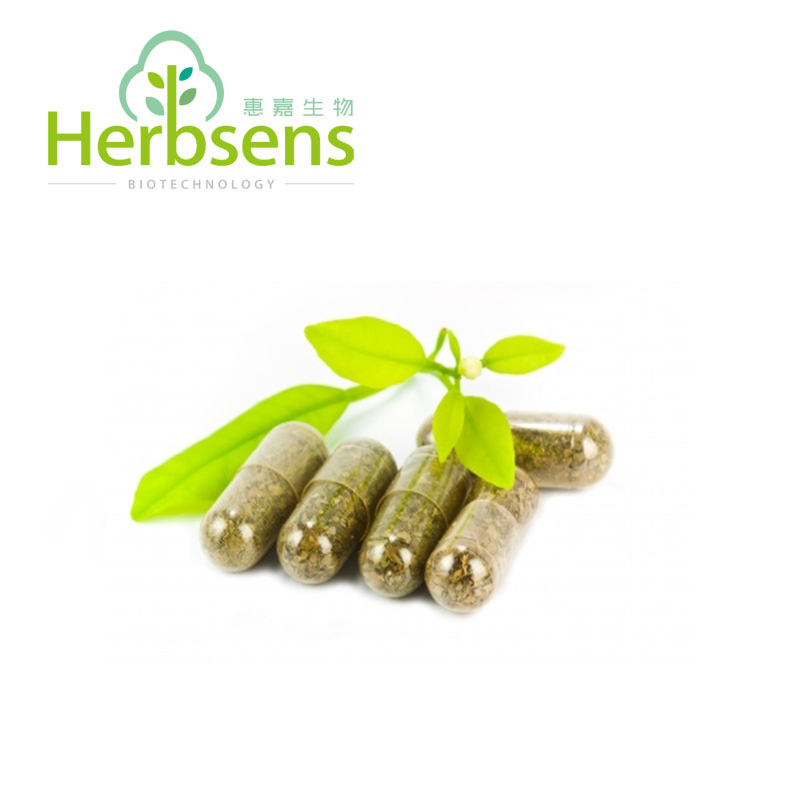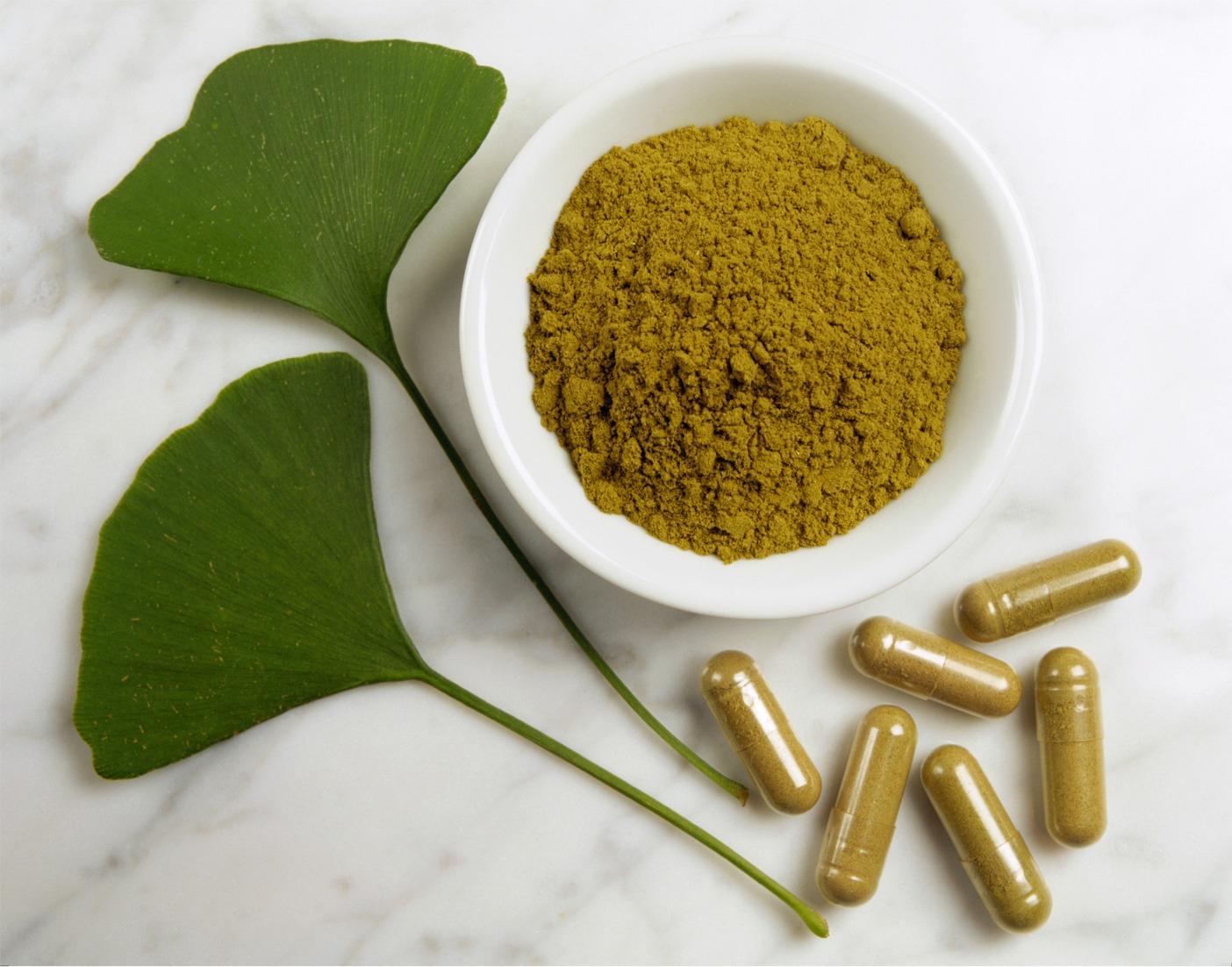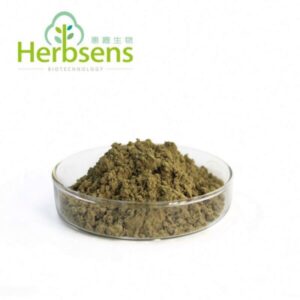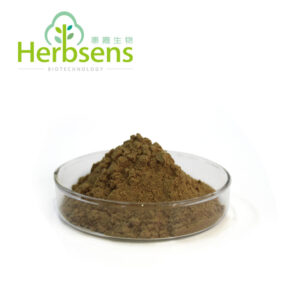Description
Ginkgo biloba Extract
Ginkgo Biloba, one of the oldest living tree species, has a rich history that dates back over 200 million years. Native to China, it has been traditionally revered for its numerous health benefits. Its leaves have been utilized in East Asian herbal medicine for centuries, particularly in Chinese culture, where it is used to enhance cognitive function and promote overall vitality. The holistic approach of traditional practices underscores Ginkgo Biloba’s roots as a prominent staple in natural remedies.
In modern times, Ginkgo Biloba has transcended its traditional medicinal applications and has gained popularity as a dietary supplement across various health markets worldwide. The growing interest in natural health solutions has led to an increased demand for this extract, which is available in various forms, including powders and capsules. Each form offers distinct advantages, catering to diverse consumer preferences while preserving the herb’s therapeutic properties.
The active components of Ginkgo Biloba, primarily flavonoids and terpenoids, are largely responsible for its beneficial effects. Flavonoids are powerful antioxidants that help combat oxidative stress in the body, while terpenoids enhance blood circulation by dilating blood vessels. These compounds contribute significantly to the extract’s purported benefits, which include cognitive enhancement, memory support, and anti-inflammatory properties.
Ginkgo Biloba is primarily utilized to address conditions such as age-related cognitive decline, anxiety, and peripheral vascular disease. Research indicates that regular consumption may assist in improving memory and focus, making it an essential supplement for individuals seeking cognitive support. The versatility of Ginkgo Biloba positions it as a beneficial addition to herbal remedies, continuing to be a favored choice for those interested in natural health solutions.
Comparing Ginkgo Biloba Extract Powder and Capsules: Which is Right for You?
When it comes to Ginkgo Biloba supplementation, both extract powder and capsules offer distinct advantages and disadvantages that may influence your choice. One of the primary aspects to consider is bioavailability, which refers to the proportion of the nutrient that enters the circulation and has an active effect. Ginkgo Biloba extract powder is often perceived as having superior bioavailability, as it can be absorbed more rapidly in the digestive system. However, the powdered form may require precise measuring, which some users may find challenging.
On the other hand, capsules provide a more convenient method of consumption. They come pre-measured, ensuring you receive a consistent dosage with each serving. This is particularly beneficial for individuals who prefer simplicity and may not want to deal with the nuances of measuring out powder. However, capsules may have slightly slower absorption rates compared to powdered forms, which could impact the immediacy of the effects sought from Ginkgo Biloba.
Dosage recommendations vary between the two forms. Generally, it is advised that adults take around 120 to 240 mg of Ginkgo Biloba extract per day, often split into two or three doses. For powder, this typically translates to about 1 to 2 grams per day, but it is crucial to follow specific instructions on the product label or consult a healthcare provider. Potential side effects may include headaches, digestive upset, and allergic skin reactions. Understanding individual health needs and weight can influence how Ginkgo Biloba is best tolerated.
Ultimately, the choice between Ginkgo Biloba extract powder and capsules hinges on personal preferences and health objectives. Those seeking enhanced absorption might opt for the powder, while individuals prioritizing convenience and dosage accuracy may lean towards capsules. Each option has its unique profile, empowering users to select the form that aligns best with their lifestyle.













Reviews
There are no reviews yet.